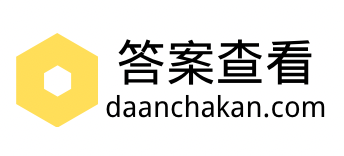【单选题】【消耗次数:1】
风险识别是项目风险管理的基础,以下不属于风险识别的依据是()。
①
进度计划
②
施工组织设计
③
业主消费能力
④
项目建议书
参考答案:

纠错
相关题目
【多选题】
在以下所有的描述中,哪些是项目风险管理的目的?()
①
识别出在项目执行过程中可能影响到项目的范围、进度、成本和质量的因素
②
评价风险对项目的影响程度,并制定出应对的计划
③
为不能控制的因素制定目标
④
消除项目风险
⑤
通过影响能够被控制的事件来减轻风险的影响
随机题目
【单选题】
In Tess of the D’Urbervilles, Tess, ______, is at odds with the world of cruelty and inequality.
①
a simple, innocent and faithful country girl
②
a cunning, strong minded and passionate girl
③
a beautiful, natural but mysterious country girl
④
both A and B
【判断题】
Beowulf, the oldest great long poem ever written in English, is composed in a form of epics.
①
正确
②
错误
【单选题】
_______ frequently applied “conceits” in his poems.
①
John Donne
②
John Milton
③
Edmund Spenser
④
Thomas Gray
【判断题】
The essence of Renaissance, the most significant intellectual movement, was Humanism.
①
正确
②
错误
【判断题】
Realism was a reaction against Romanticism or a move away from the bias towards romance and self-creating fictions, and paved the way to Modernism.
①
正确
②
错误
【判断题】
The History of Tom Jones, a Foundling written by Henry Fielding is a/an Essay.
①
正确
②
错误
【判断题】
In his novel Robinson Crusoe, Defoe eulogizes the hero of the aristocratic class.
①
正确
②
错误
【单选题】
The essence of Renaissance, the most significant intellectual movement, was_____.
①
Geographical exploration
②
Religious reformation
③
Publishing and translation
④
Humanism.

